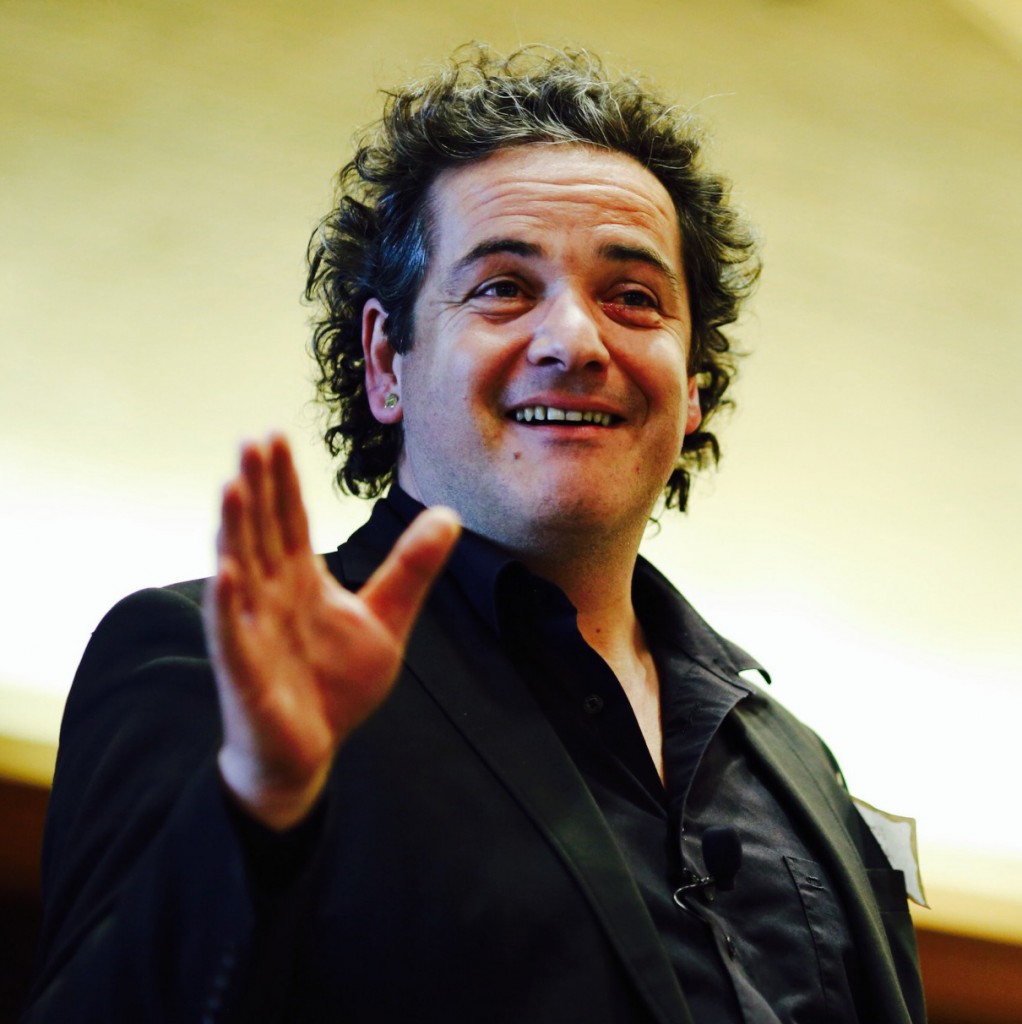Cosmologist Tom Abel explores the early universe in public lecture May 27
Inaugural Mandel Lecture will provide a fascinating journey through the first billion years of our universe
Abel is a computational cosmologist who explores cosmic history using supercomputer calculations. An associate professor of physics at Stanford University and the Stanford Linear Accelerator Center, he directs the Kavli Institute for Particle Astrophysics and Cosmology at Stanford.
In his talk, Abel will take the audience on a fascinating journey through the early universe using the latest computer animations of early star formation, supernova explosions, and the build-up of the first galaxies. His work has shown that the first luminous objects in the universe were very massive stars shining one million times as brightly as our sun. They died quickly and seeded the cosmos with the chemical elements necessary for life. One star at a time, galaxies started to assemble just one hundred million years after the Big Bang, and they are still growing now. Computer simulations of these events combine the physics of dark matter and the ordinary matter of atoms and molecules, the expansion of the universe, chemistry, and gas dynamics to deliver remarkable insights into the early history of the cosmos.
Abel’s long-term goal is “to build a galaxy, one star at a time,” via computer modeling. Among his research interests are the processes and events of “the dark ages,” the first few hundred million years after the Big Bang. His visualizations and simulations of dark ages events have led to over 100 publications in the technical literature and have been featured on PBS, the Discovery Channel, and the covers of Discover and National Geographic.
The Mandel Lecture Series is presented by the UCSC Department of Astronomy and Astrophysics and the UC Observatories to promote public awareness and appreciation for astronomy. This lecture series is a continuation of the Halliday Lectures, which were originally supported by John Halliday. Steve Mandel and Carol Foote have generously sponsored these lectures since 2012.

